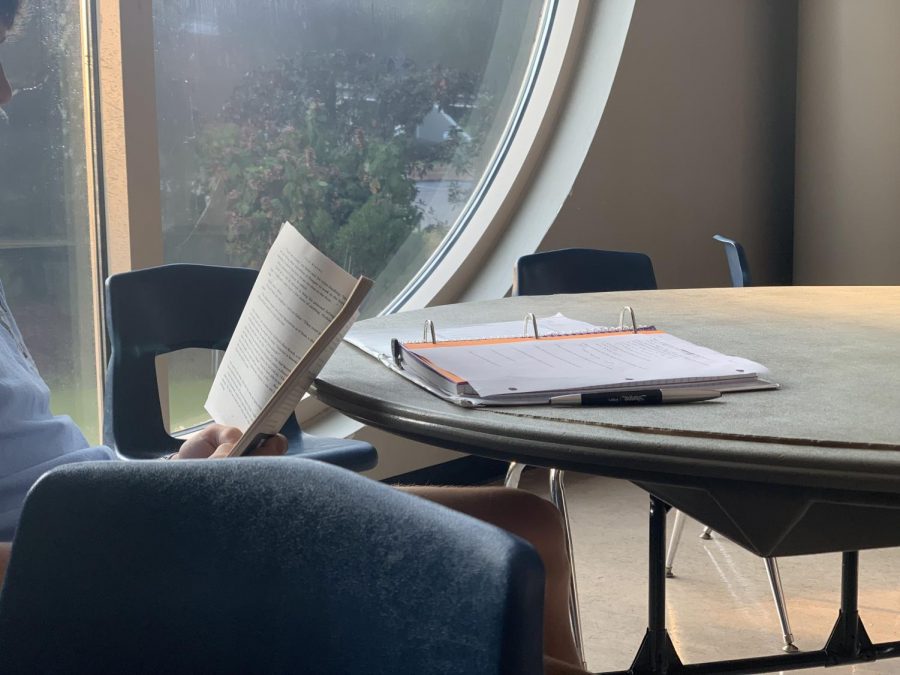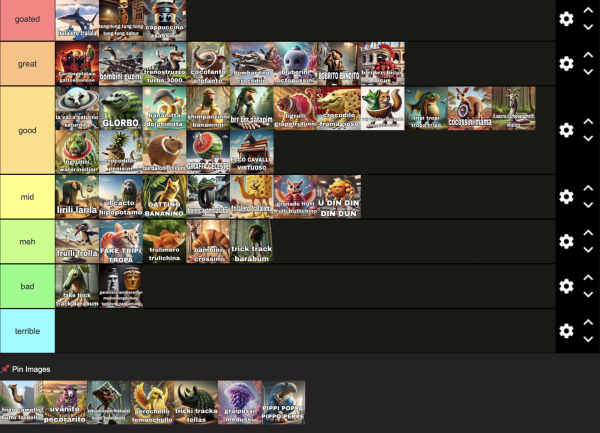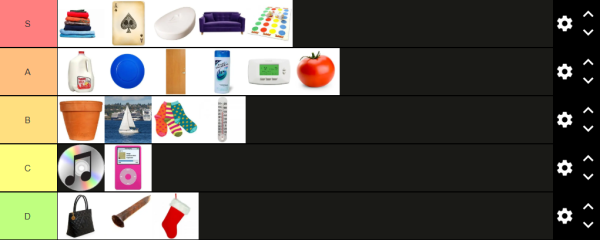Op-Ed: The Downsides of Excessive Homework
Most students don’t like homework.
Let me rephrase that: No student “likes” homework. The thought of doing heaps of academic work after sitting in a classroom for 8 hours a day doesn’t appeal to anyone. Teachers claim that extra work after school is “reinforcement” and that it serves as revision for what students learned in class. And while that is true, there are studies and research that shed some light on the true efficacy (or lack thereof) of homework.
Obviously, homework improves students’ overall grades by reiterating what they have learned during the day, allowing facts to stick in their brains for longer. A 2006 meta-analysis done by Harris Cooper, Jorgianne Civey Robinson, and Erika A. Pattall confirmed this, stating that homework significantly improves students’ grades and academic performance. No argument there. However, a series of books written by Sarah Bennet, Nancy Kalish, and A. Kohn in 2006 claimed that too much homework was detrimental to students’ mental health, well-being, and even familial well-being. Kohn even called the Cooper study out, saying, “A careful reading of Cooper’s own studies . . . reveals further examples of his determination to massage the numbers until they yield something—anything—on which to construct a defense of homework for younger children.” So, maybe the aforementioned meta-analysis isn’t all it’s cracked up to be.
I know that I have certainly missed out on great family opportunities because I had to finish an important paper, and I’m sure almost every student has had anxiety over getting everything done not only on time, but in a well-executed and polished manner. The authors mentioned above agree that several teachers assign homework because it is expected, not necessarily because it is “beneficial.” Mrs. Williams, a freshman English teacher at CCES, suggests, Homework is only valuable if it’s reinforcing something that has already been done in the classroom and is not just being given as busywork.”It’s become a policy to expect homework, and at this point, many students seem to simply be going through the motions, completing homework on time without actually retaining anything.
I mentioned physical and mental well-being earlier, right? You were probably wondering about statistics on that. A Stanford study concluded that “high achieving communities who spend too much time on homework experience more stress, physical health problems, a lack of balance in their lives, and alienation from society.” Speaking of balance, Teddy Cobb and Dent McGee share their insight: “If you have after-school activities, it’s hard, especially if the homework takes over an hour to complete. When you’re stressed out about activities and sports, that’s when the anxiety comes in.” And it’s the anxiety component of homework that’s alarming. 70% of students who participated in the study reported that they were stressed over homework all the time. Another New York study found that many students were even using drugs to cope with anxiety and stress.
Of course we can’t just abolish homework altogether; that would be impossible and incredibly impractical. And my issue isn’t really with homework itself; it’s the amount and the timing. I’m sure most students have been through this scenario: Just before people are about to take a break, now is the time to pile on tests and quizzes that are all due tomorrow. Oh, it’s December and you want to put on musical concerts and spend Christmas with family and friends? Here’s a bunch of essays you need to study for. And two projects. And here are some pre-tests in addition to the exams. Which are also graded. And, while we’re at it, let’s use some precious class time to lecture kids about how this one exam will count as 20% of your grade and will determine your entire future because you will definitely need to know every single thing on this exam in real life.
If a class can’t learn material in the 40-hour school week without spending another 6 hours over the weekend on homework, then something is seriously wrong with our education system. It’s literally a full-time job to be a dedicated, hardworking student. In the corporate world (which is what school prepares us for, anyway), the average employee works a 40-hour workweek and takes the weekends off. Not so for the average high school student.
Homework is an essential part of school, but there needs to be a balance. Students have – or want – a life outside of their studies to do extra-curriculars, spend time with family, or just breathe. It shouldn’t be an all-consuming duty for kids who just want to take some time off and be kids. And if a school cannot improve the quality and quantity of homework, then the education system is seriously flawed.









